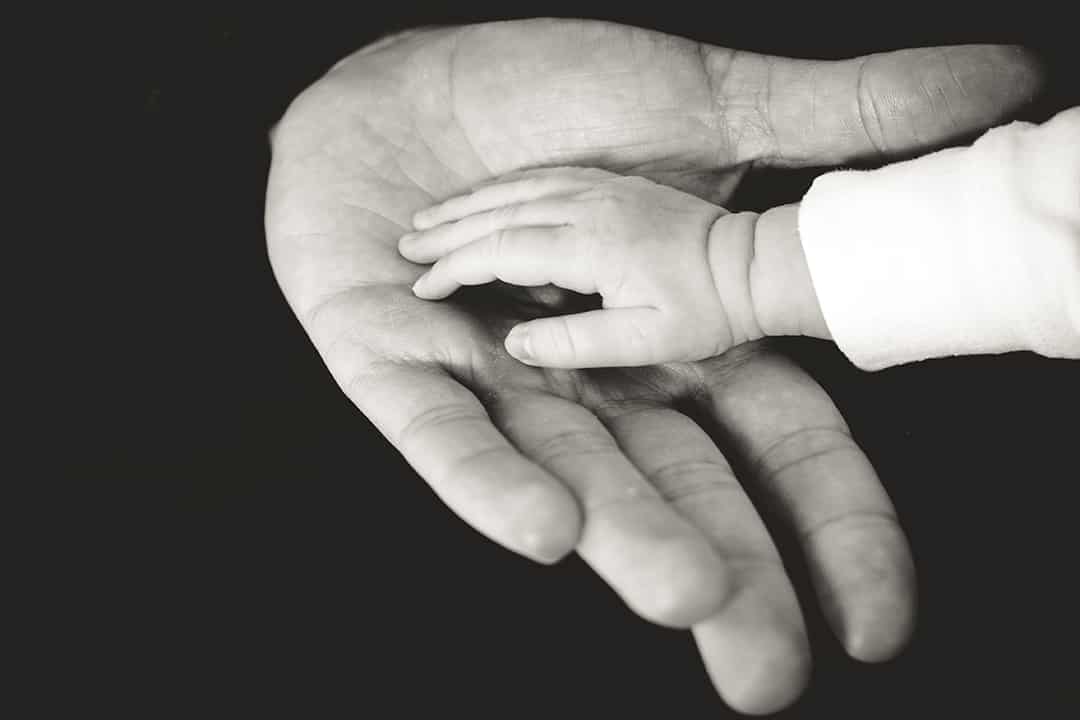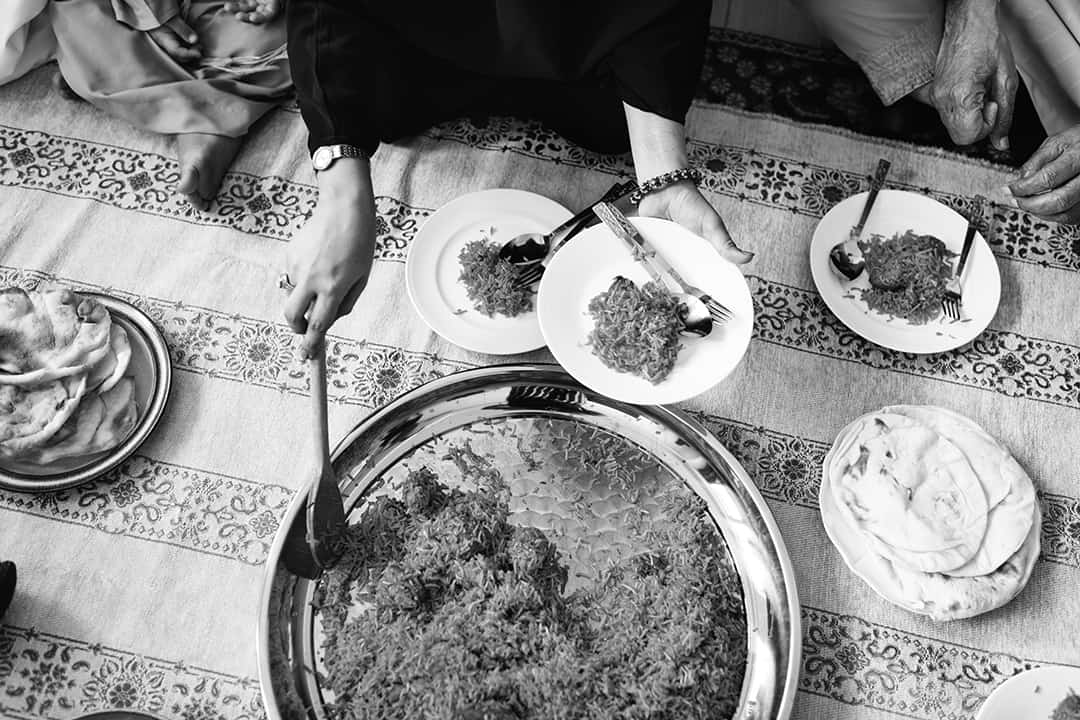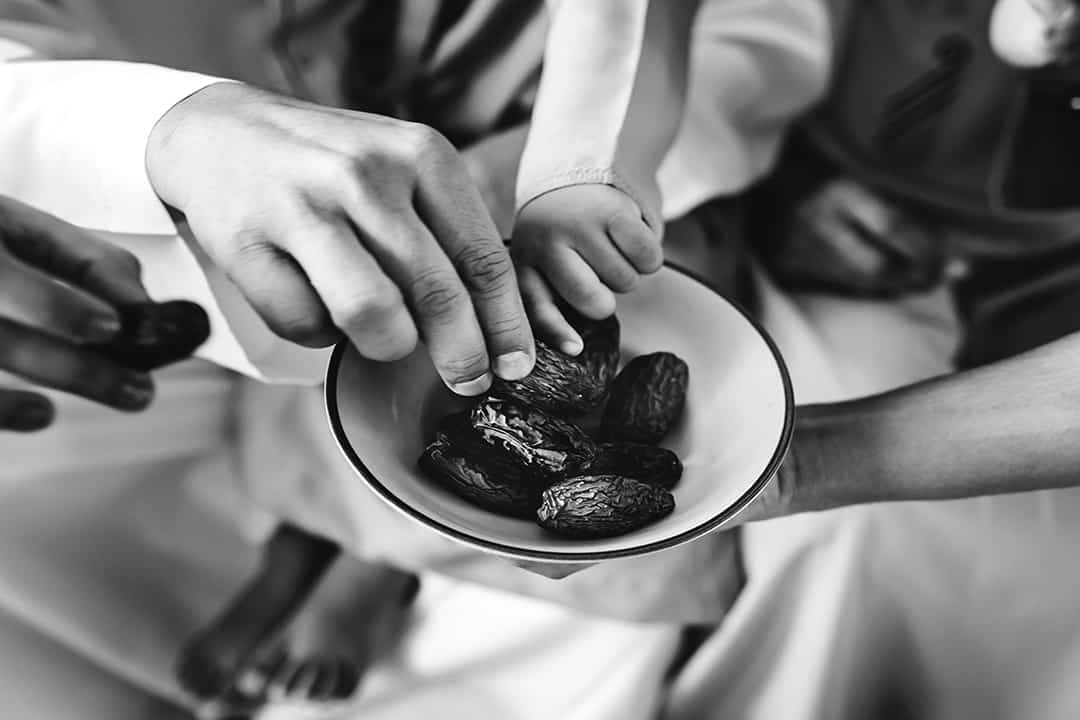Last week we introduced Family Dynamics which affects all of us – the home is not just where the heart is but where learning or training of all kinds take place: mental, physical and emotional.
Family.
Mental health.
Separately they are complex topics but together, the duo become interesting too. Have you ever thought of how your family may affect your mental health or vice versa?

Family dynamics are important to all families. They determine how family members relate to one another and interact with each other. World-views and self-image are shaped by these relationships. Strong family dynamics foster communication and understanding. Major factors that contribute to family dynamics are family size, socioeconomic status, cultural beliefs and customs, the quality of the parents’ relationship, and individuals’ personalities.
Without a doubt there is a relationship between family dynamics and mental health, it can have both negative and positive effects, depending on how your family and mental health state is i.e. having a close-knit and supportive family provides emotional support, economic well-being, and increases overall health. However, the opposite is also true… even if it stems from loving intentions.
A survey showed that more than 80% of patients agreed that their mental health conditions had had a detrimental effect on their family. On the other hand, Chen, Wu & Bond (2009) found that the more family members dispute with one another, the higher the stress and the lower the level of home satisfaction, a key factor that relates to suicides among the young and older adults across nations.
Now, that doesn’t mean we totally blame our families for our problems but it is good to be aware that perhaps changing the way we interact with our families could help our mental health or trying to improve our mind-set to a healthier one could also improve the family life.

When a mental illness is diagnosed, it can throw off the family dynamic. It can help explain the behaviour of a parent, child or spouse. Sometimes the diagnosis may foster empathy and understanding. It may also lead to a negative family dynamic. Partners or children become caretakers, adding to their stress load. Animosity may arise when family members don’t understand or believe the person with the mental illness is trying hard enough to control it.
Psychologists refer to this dynamic – how families interact with and talk about their family member with mental illness – as expressed emotion.
Expressed emotion is a huge factor during the recovery process of those diagnosed with psychological illnesses. The three attitudes pertaining to expressed emotion are known as hostile, critical, and emotional over-involvement. These attitudes of the relatives can determine the direction of the illness after treatment. The relatives can influence the outcome of the disorder through negative comments and nonverbal actions. These particular interactions between family members that are dealing with a patient with a psychological disorder are stressful on the recovering patient. The stress from the family for the patient to recover and end certain behaviours can cause the person a relapse in their illness. They do not know what else to do during this sensitive time of recovery because of the criticism and pity from others. This negativity from loved ones does not help the family member to improve the state of their health (Vaughn & Leff, 1976).

Even when all members of the family have the knowledge to deal with mental illness, the family is often reluctant to discuss their family member with others because they do not know how people will react. After all, there are many misconceptions surrounding mental illnesses. For many, even their closest friends may not understand. Brainstorming potential problems and solutions can help families prepare for symptoms, episodes, treatment refusal, and any other aspect of the disorder. From that, action plans for different scenarios can be developed.
Family-based interventions can help alleviate some symptoms; even educating the family about mental illnesses is one way that expressed emotion can become lower and no longer an issue. Knowledge of the disorder will help them to understand and recognise certain behaviours. The family will be more understanding of the needs and demands of the disorder. Family conflicts will be lowered a great deal and interactions between the relatives will be healthier.
Family-focused treatment has been found effective in reducing patients’ symptoms and increasing healthy behaviour, especially in families with high expressed emotion. It also positively affects the mental health of the caregiver.

From the above we know that the role of family is an important one, even in Islam keeping ties with family and encouraging loving relationships especially through hardships is held in esteem:
The Prophet (ﷺ) said, “The person who perfectly maintains the ties of kinship is not the one who does it because he gets recompensed by his relatives (for being kind and good to them), but the one who truly maintains the bonds of kinship is the one who persists in doing so even though the latter has severed the ties of kinship with him”.
~ Al-Bukhari“He who believes in Allah and the Last Day, let him maintain good relation with kins”
~ Al Bukhari




